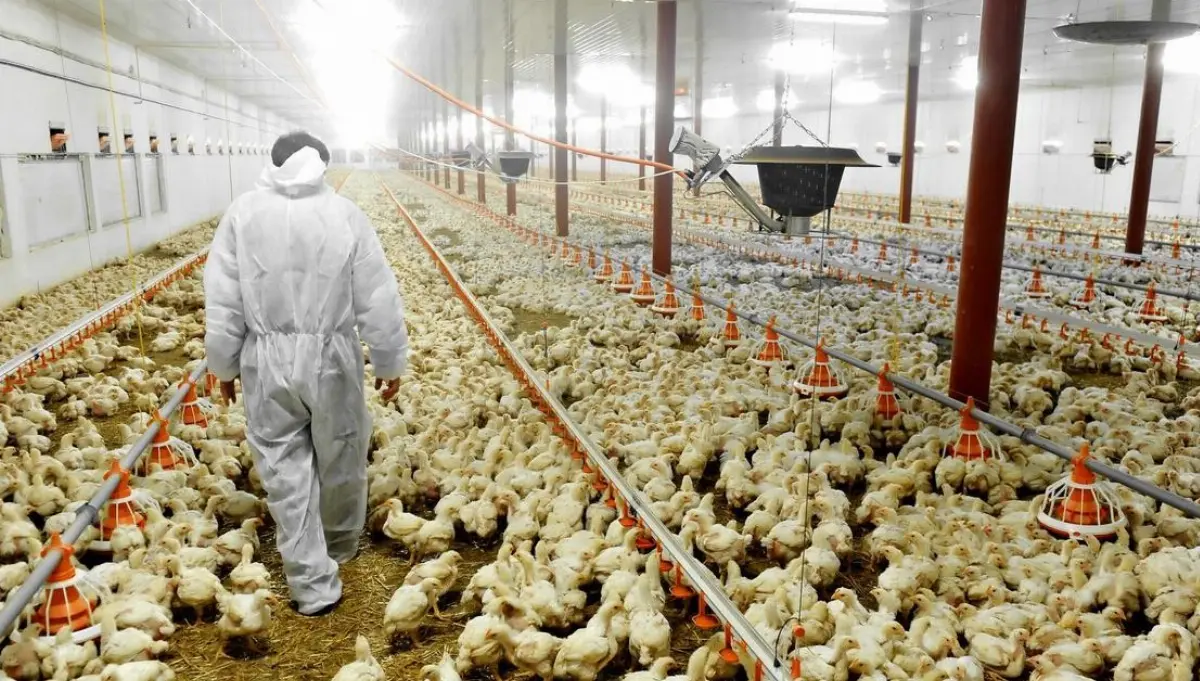
Do you want to access to this and other private contents?
Log in if you are a subscriber or click here to request service
Climate risks will be fatal to global poultry industry
Climate change costs will cause livestock industry profits to plummet by $23.7B USD

Climate risks could turn profits from poultry farming into losses by 2030. This is according to the Climate risk tool of Fairr, the U.S. Farm animal investment risk and returns initiative, an investor network that aims to put industrial farming on the environmental, social and governance agenda. In fact, according to the latest Fairr data, climate change-related costs will result in a $23.7 billion...
fc - 30711
EFA News - European Food Agency
EFA News - European Food Agency